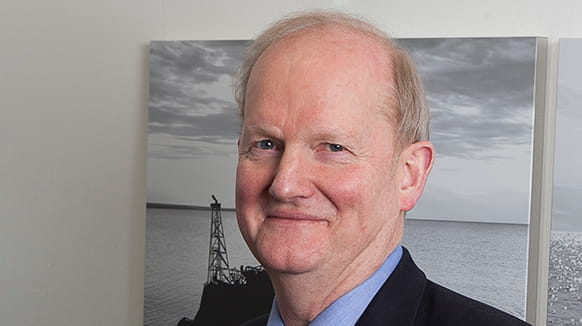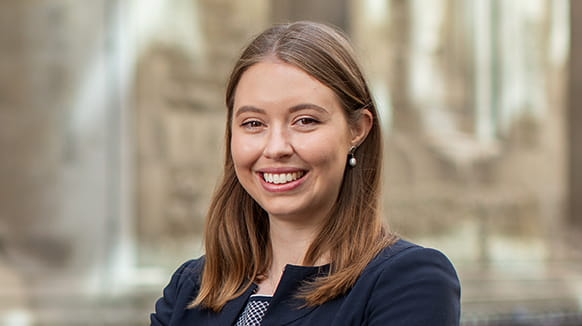It’s 11am on an unseasonably crisp September morning in Holborn, London. It is just over a week since I qualified as a solicitor, marking two years of training across some of the key practice areas in the London office (Dispute Resolution, Energy and Shipping Transactions and Finance). I have qualified into the Energy and Shipping Transactions team where I split my practice broadly between advising funders and sponsors in the financing, development, acquisition and disposal of energy and infrastructure projects and advising clients on contracts and other project documentation for high-value complex projects in the oil and gas, shipbuilding, offshore construction, drilling, floating production (FPSO and FLNG) and renewables sectors. Sitting down to chat with Simon Curtis, Senior Counsel in the firm, I reflect on his impressive career across the field of maritime law spanning several global law firms, authoring The Law of Shipbuilding Contracts (the leading text on shipbuilding and marine construction), starting and building his own law firm, which merged with Haynes Boone eight years ago and created the team that I have now joined.
Kayley Rousell: Thank you Simon for agreeing to answer these questions. Firstly, can you give a short summary of your legal career up to the point of authoring the first edition of the “Law of Shipbuilding Contracts” in 1991, including how you came to pursue a career in law and how you came to specialise in the area of shipping?
Simon: I have always liked ships and ports - I was brought up as a child in Swansea which is a maritime city and we lived on Swansea Bay so could always see ships coming and going from my bedroom. I studied at the University of Oxford and in my third year picked up a flyer at the University Appointments Committee for a job at an international law firm which captured my imagination because of the prospect of international travel and fast moving, complex work. I applied but was unfortunately turned down, and instead accepted articles (today’s equivalent of a training contract) with a magic circle firm. However, once I obtained a very good degree from Oxford I was determined to re-apply to the firm which had initially turned me down and, much to the magic circle firm’s voluble displeasure, subsequently joined the firm I really wanted to work for.
Prior to starting my training, I moved to Spain to learn Spanish which has proved to be a useful asset throughout my legal career. As the only lawyer able to speak Spanish at my first firm, I was regularly sent abroad, both to Spain and elsewhere, to investigate cases involving ships being scuttled or set on fire, particularly interviewing witnesses and taking their statements in Spanish.
I subsequently decided to make the move to a different and very new firm to pursue partnership at what is now a large City of London firm. I made partnership two years later in 1986.

